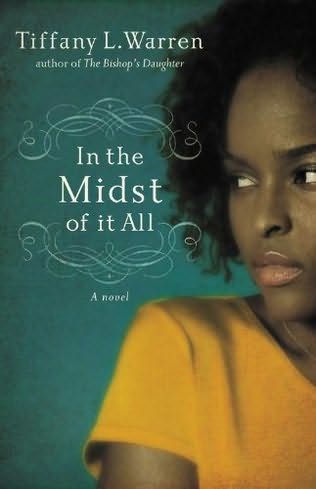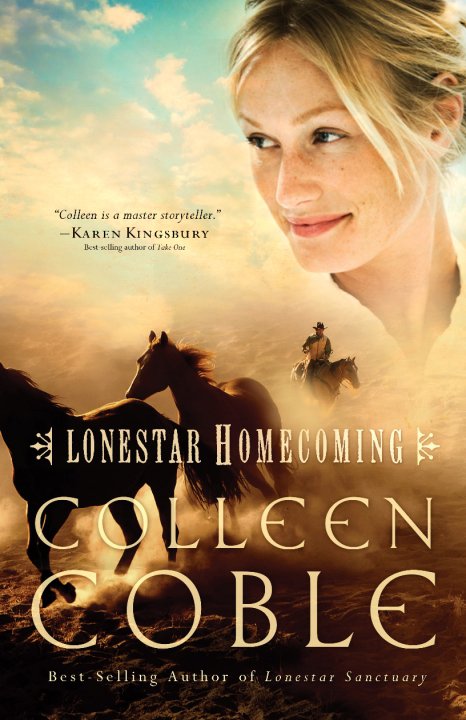 A literary journalist and publicist since 2003, Dee Stewart's writings have appeared in Precious Times, Romantic Times Magazines, Spirit Led Woman and on The Master's Artist Blog. Her work focuses on fiction, popular culture, media and their relationship to people who live according to a Christian worldview. Dee Stewart is the owner of DeeGospel PR, a Christian entertainment PR boutique located in Atlanta, GA where she lives. Visit her Christian Fiction Blog, which turned 5 years old in July at http://christianfiction.blogspot.com, keep up with her current projects at http://www.deestewart.com, talk to in real-time on Twitter at @deegospel. |
Three Authors Tackle Maternity and Myth for Mother’s Day |
|
“I
just think there’s this whole layer of ‘God wants you to live a certain
way, God wants you to parent a certain way, God wants you to feel a
certain way about motherhood.’ So whenever a failure or difficulty
comes up in parenting, it doesn’t just feel like you’re failing as a
mother, it feels like you’re failing as a Christian.” Carla Barnhill,
editor of Christian Parenting Today
magazine. Barnhill’s sentiment about motherhood and spiritual responsibility has been exemplified in a number of this spring’s women’s literature releases. Tiffany L. Warren’s In the Midst of It All (Grand Central) portrays the life of a daughter whose mother’s poor judgment threatens her soul’s safe keeping. Anne Lamott’s Imperfect Bird (Riverhead) takes a poignant snapshot of a mother’s almost schizophrenic frenzy when she learns that despite all her prayers and applauded parenting skills, her teenaged daughter has taken a nightmarish turn. Colleen Coble’s Lonestar Homecoming (Thomas Nelson) depicts a single mom who runs into trouble at every turn because her self-condemnation cloud’s her belief that God’s providence will cover her and her five-year-old daughter. Moreover, Gina Holmes’s Crossing Ocean is the story of a single mom who risks sacrificing her happiness for the future of her five-year-old daughter. Warren, Coble, and Holmes’s main
characters are all single mothers.
When asked why these authors chose to create a story around a single
mother, Coble responded: “There is something so Gina Holmes says, “I’ve never
been in Jenny’s position, but I know
what it’s like to be afraid for my children. To feel guilt over what
legacy I will leave them. Wondering if I’m teaching them all the right
lessons—about their “I know what it’s like to be scraping by and wondering how the mortgage will be paid, and to wish I could do more for my children financially. To take them to every movie they are dying to see, or gymnastics lessons, or give them a brand-new bike.” In Crossing Oceans,
Jenny sells her blood more than once to
pay Jenny is ultimately asked to give what no woman should have to, her last chance at happiness, but is there a limit to the sacrifices we are willing to make for our children? |
Tiffany
Warren’s In The Midst of It All explores Holmes’s
question Audrey and Zenovia’s roles have
somewhat reversed because of the
care that Audrey needs in her mental state. Zenovia is the
nurturer-caregiver. Aubrey and Zenovia are special because this
reversed mother-daughter dynamic exists in our communities. Whether
you’re talking about a parent who’s an addict or has a debilitating
illness like Audrey’s schizophrenia, However, they have found a way to manage the hand they’ve been dealt. As long as Audrey is medicated, Zenovia can deal with her mother’s illness. However, the Brethren [a cult masquerading as a church] creates a caustic environment by removing one of the things that hold her in check: the meds.
“Growing up I experienced my mother’s mental illness in a similar way to Zenovia. I had more of a support system, though, because my grandparents served more in the caretaker role. But I relate to Zenovia’s fear of people finding out about her mother’s illness,” states Warren. “It took me a long time to write this story, years in fact. I’ve learned that God is forever faithful and true to His promises. I hope that readers glean a bit of understanding about living with mental illness. It is such an under-discussed topic in the African American community. Also, churches like the Brethren exist and have many people in bondage to their legalistic version of God’s Word. These churches are not just denominations of Christianity. They are dangerous cults that block people from having relationship with God.” Question: What is your favorite novel about mothers and daughters and why? You can respond via Twitter @CFonlineMag using the Hashtag #mombook. Also I will be hosting a free
webinar on Foursquare for Authors in May. Subscribe to Dee's Goody Mail
to get details here. Only taking 10 attendants
for this webinar. |









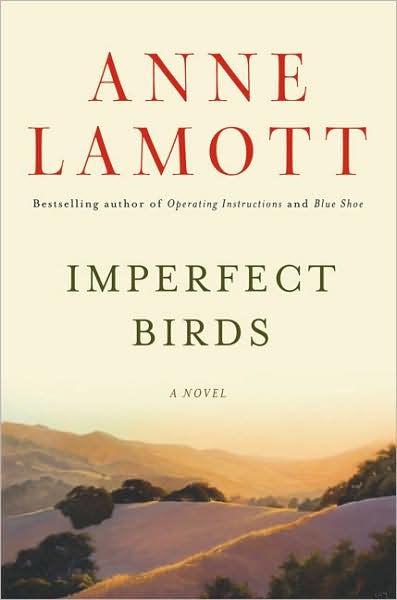
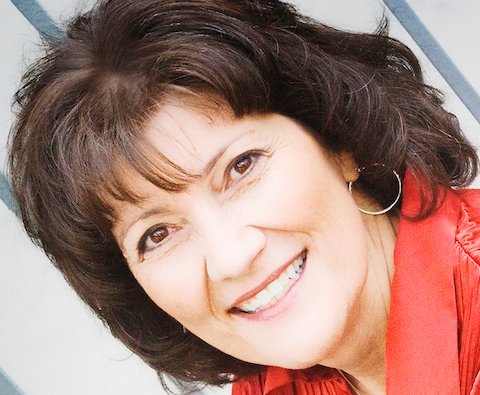 heartbreakingly
vulnerable [about] single moms and the struggles they face. God can be
very close to those who need Him so desperately for strength and
guidance.”
heartbreakingly
vulnerable [about] single moms and the struggles they face. God can be
very close to those who need Him so desperately for strength and
guidance.”  Savior, how other people around
the world live
compared to us, the golden rule, to brush their teeth, and say
thank-you and please.
Savior, how other people around
the world live
compared to us, the golden rule, to brush their teeth, and say
thank-you and please. 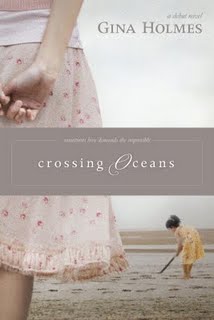
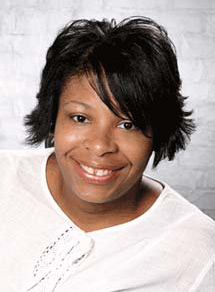 when we read about the
unorthodox family dynamic between
Zenovia and her mother, Aubrey.
when we read about the
unorthodox family dynamic between
Zenovia and her mother, Aubrey. 